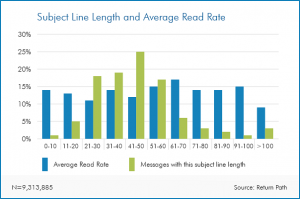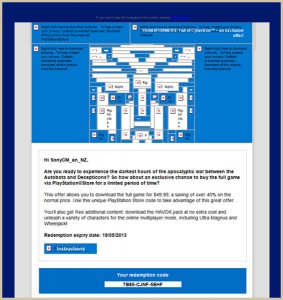by Holly Pavlika, Columnist, January 30, 2017
With the proliferation of influencer content and the increased scrutiny of the FTC on disclosures, one of the critical elements is maintaining authenticity. In a time where so many CPG brands are investing in influencer marketing due to the abounding opportunities, do too many sponsored posts mean death to an influencer’s credibility, audience and engagement?
70% reported no change in engagement
between sponsored and non-sponsored content.
Does sponsored content get less engagement? We surveyed 350 members of our community and 70% said they saw no change in engagement between their sponsored and non-sponsored content. The remaining 30% said they saw only a slight difference.
Do influencers pay attention to how much sponsored content they post on their sites? And do influencers watch how much sponsored content they post on their sites? We believe this important watch out and monitor the split, the overall quality of the content, as well as, the FTC and brand’s requirements.
Dirty Floor Diaries’ influencer, Summer Davis said, “I think that knowing how to create content that doesn’t feel sponsored is key. Most of my content is sponsored, but I believe if you were to take the ad disclosures out of the top of each, you wouldn’t know that they were all sponsored.
“I don’t think much about the balance of sponsored versus non-sponsored content on my site because I try very hard to make all of my posts feel as authentic as possible,” said Amy Fulcher of As The Bunny Hops. “When a product is weaved seamlessly into a post that could exist organically, it’s a win for my site, my readers, and the sponsors.”
Tammilee Tilson of Tammilee Tips agrees. “It honestly depends on the month, day, time of year or how I feel,” she said. “I try to balance sponsored and non-sponsored to a point, but overall I just try to produce great content whether it is sponsored or not. I want to make sure that I am helping my readers solve a problem or inspire them to travel. I go into each post with the goal of making it something my readers will respond to and love.”
72.4% of influencers are very familiar
with the FTC rules for disclosure.
How familiar are influencers with the FTC guidelines? A little over 72% of influencers said they are very familiar with the FTC rules for disclosure. Almost 26% rely on the instructions given by the companies and brands they work with — that’s great news for the industry.
80% report never having received
a negative comment on a piece of sponsored content.
When asked, “Has your audience ever called you out for being a shill or having sold out?” Eighty percent said they have never received a negative comment. That’s great news again and clearly points to the importance of FTC disclosures and honesty.
“The only time I have been called out was in a comment on a video,” said influencer Sarah Mock of Savoring The Good. “The irony was the video was listed in a playlist titled ‘Sponsored Content Videos.’ I also have proper disclosures in the description box, lower third and an audible disclosure when at all possible. I didn’t reply or delete the comment — I left it there to show a reflection of the character of the commenter.”
The influencers I spoke to had the following advice for those receiving negative comments.
Tillson has never received any negative comments personally. “I have heard of bloggers being called out, but that has mainly been when they are super niche and then all of a sudden post something random that is clearly paid,” she said. I would tell a blogger/influencer to take a moment to compose yourself and think about how you want to reply. Remember why you started blogging and what sponsored content gives you the opportunity to do. Would you be able to spend the hours on your blog if you didn’t have a paycheck of some form coming in?”
Davis added, “My audience has never called me out for being a shill or having sold out. If I was, I would take a second to see if there was any truth to the accusation and try to figure out what I could personally do to make sure it doesn’t happen again.”
Authenticity comes with experience.
And sometimes it’s just a gut feeling.
Experienced influencers develop their authenticity over time. They know when to say no or learn quickly from taking on an assignment that is a wrong fit. Others listen to their inner voice when considering some brands to work with. Choosing brands that are a good fit will reflect in the writing and that is something all influencers agree upon.
MediaPost.com: Search Marketing Daily
(47)
Report Post





